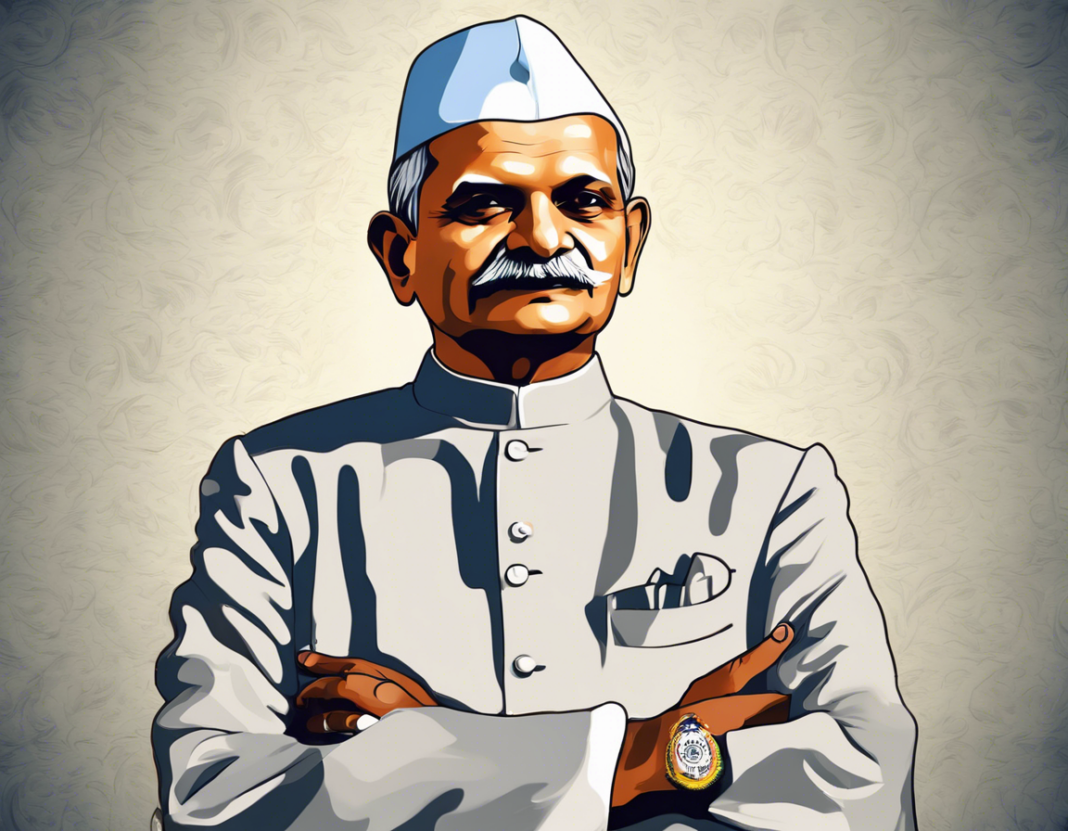Lal Bahadur Shastri Jayanti: Honoring a Legacy
India, a land steeped in history and tradition, has been blessed with leaders whose contributions have left an indelible mark on the country. One such leader is Lal Bahadur Shastri, whose birth anniversary is celebrated every year on October 2nd. Lal Bahadur Shastri Jayanti is not just a day to remember a great leader but also an opportunity to reflect on his legacy of leadership and integrity.
Early Life and Education
Lal Bahadur Shastri was born on October 2nd, 1904, in Mughalsarai, Uttar Pradesh, India. His parents were Sharada Prasad and Ramdulari Devi. Despite facing financial difficulties, Shastri was a dedicated student who excelled in his studies. His commitment to education eventually led him to become a prominent political figure in India.
Political Career
Shastri’s political career began during the freedom struggle against British colonial rule. He was deeply influenced by Mahatma Gandhi and his principles of non-violence and Satyagraha. Shastri played a significant role in the Indian independence movement, participating in various civil disobedience movements and protests.
After independence, Shastri held several ministerial positions in the Indian government. His leadership qualities and dedication to public service were evident in his role as the Minister of Railways, where he made significant improvements to the railway system in India. Shastri’s simple living and high thinking philosophy endeared him to the masses and earned him the nickname “Man of Peace.”
Prime Ministership
In 1964, Lal Bahadur Shastri became the Prime Minister of India, succeeding Jawaharlal Nehru. His tenure as Prime Minister was marked by various challenges, including the Indo-Pakistani War of 1965. Despite facing immense pressure during the war, Shastri’s calm demeanor and resolute leadership earned him respect both at home and abroad.
One of Shastri’s most memorable contributions was his call for self-reliance and self-sufficiency during the war. His slogan “Jai Jawan Jai Kisan” (Hail the Soldier, Hail the Farmer) captured the nation’s spirit and highlighted the importance of both the armed forces and agricultural sector in India.
Legacy of Leadership
Lal Bahadur Shastri’s leadership style was characterized by his humility, integrity, and commitment to serving the nation. He believed in leading by example and was known for his simplicity and honesty. Shastri’s emphasis on ethical governance and accountability set a high standard for future leaders to follow.
Despite his short tenure as Prime Minister, Lal Bahadur Shastri’s impact on India’s political landscape was profound. His policies laid the foundation for India’s agricultural growth and national security. Shastri’s emphasis on unity and inclusivity continues to inspire generations of Indians to work towards a better and brighter future for the country.
Remembering Shastri
Every year on Lal Bahadur Shastri Jayanti, various events and tribute ceremonies are held across India to honor the memory of this great leader. From school competitions to government functions, the day serves as a reminder of Shastri’s ideals and principles.
As we commemorate Lal Bahadur Shastri Jayanti, let us reflect on the values he stood for and strive to emulate his example of selfless service and integrity in our own lives. Lal Bahadur Shastri’s legacy serves as a beacon of light in the annals of Indian history, reminding us of the power of leadership grounded in morality and dedication.


